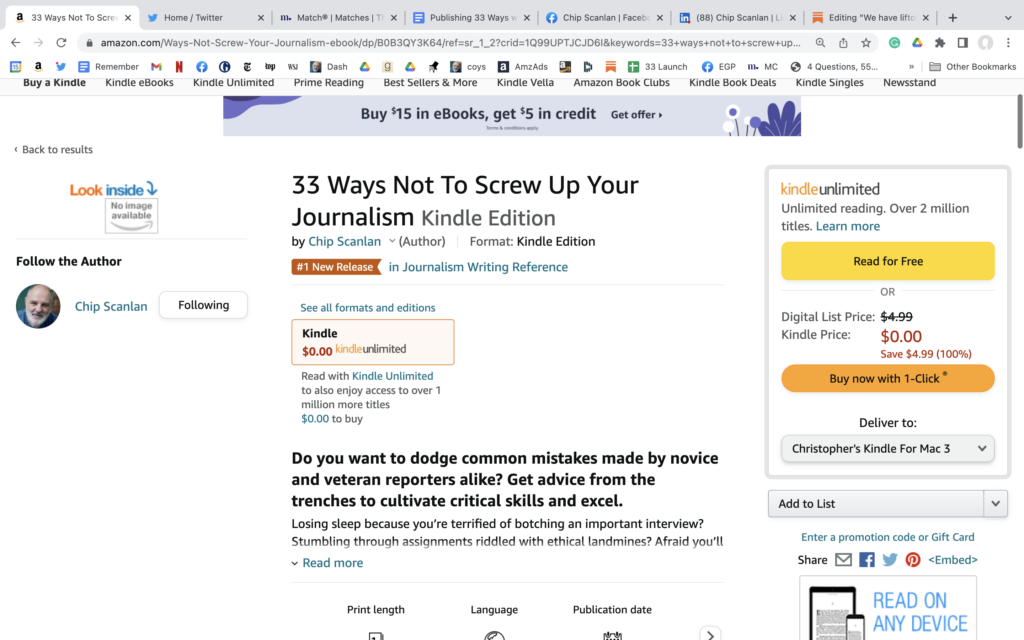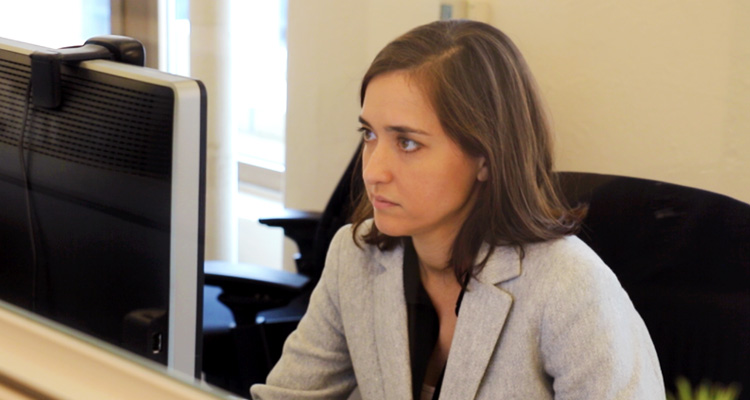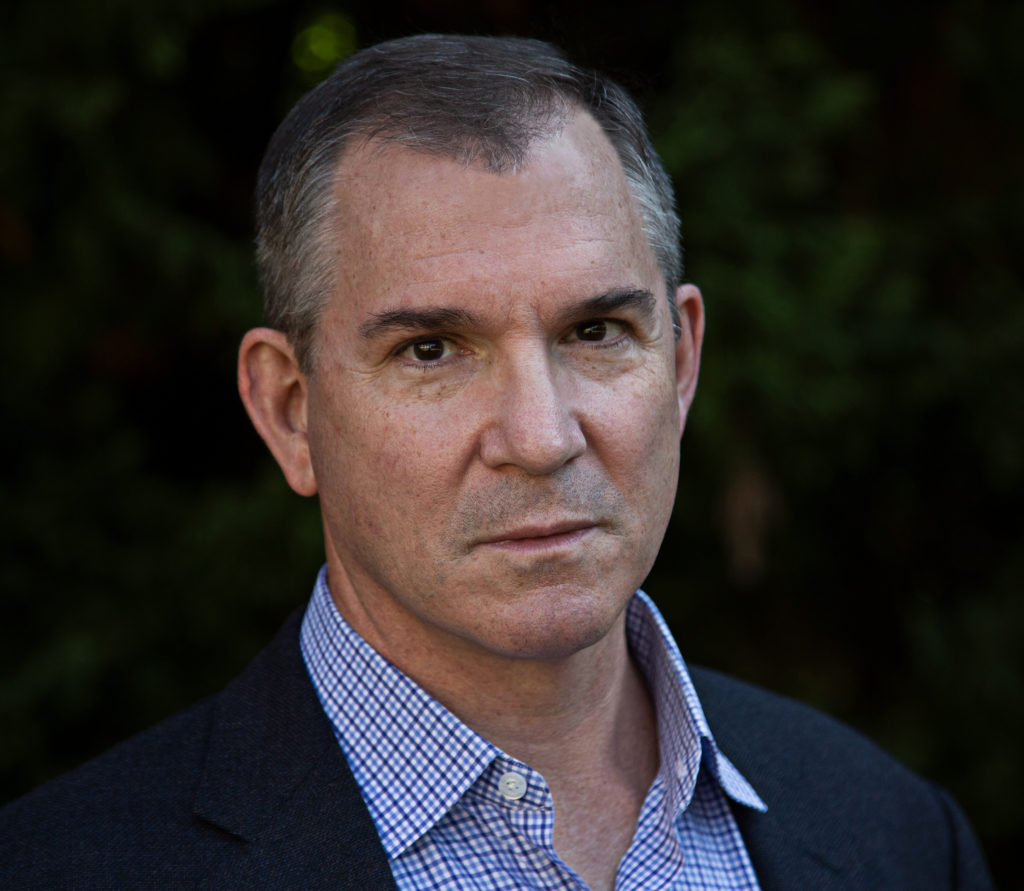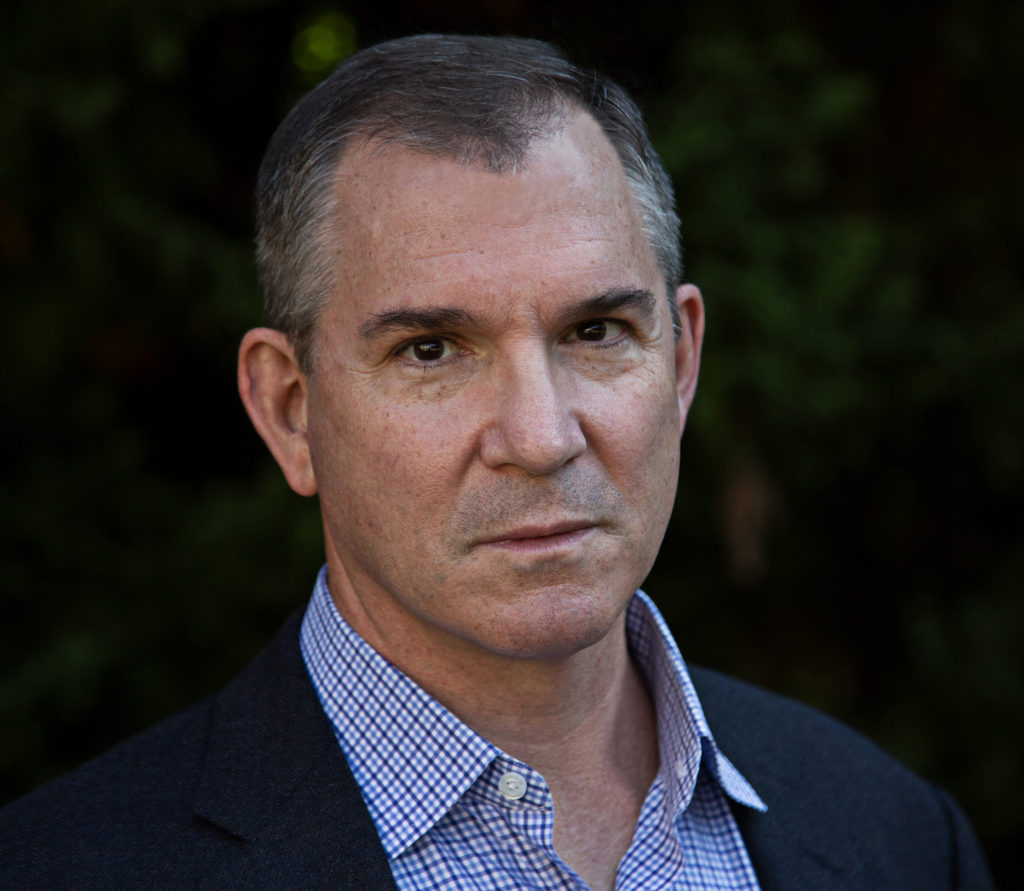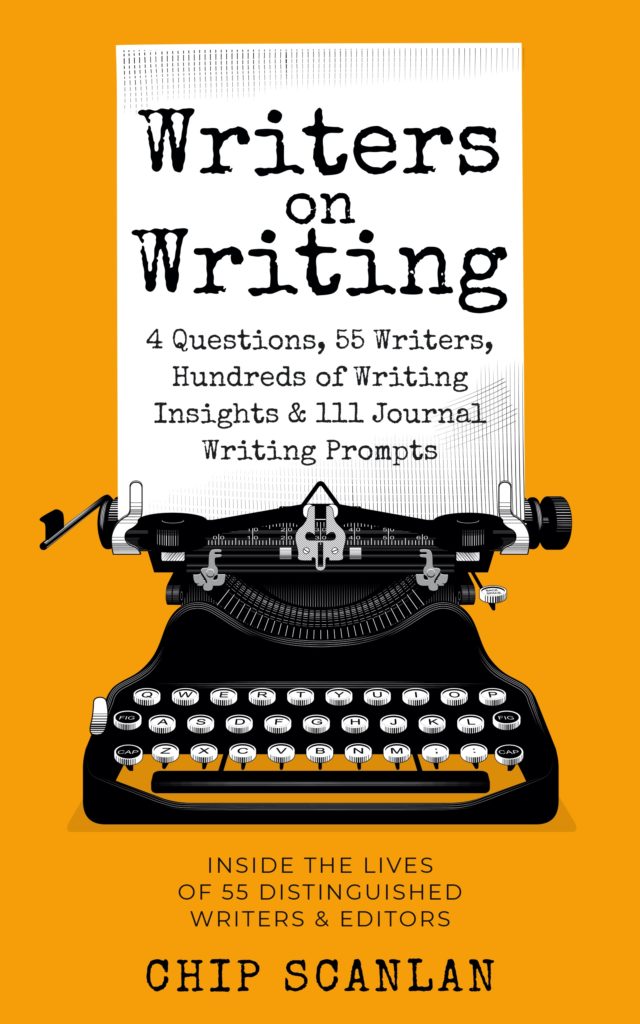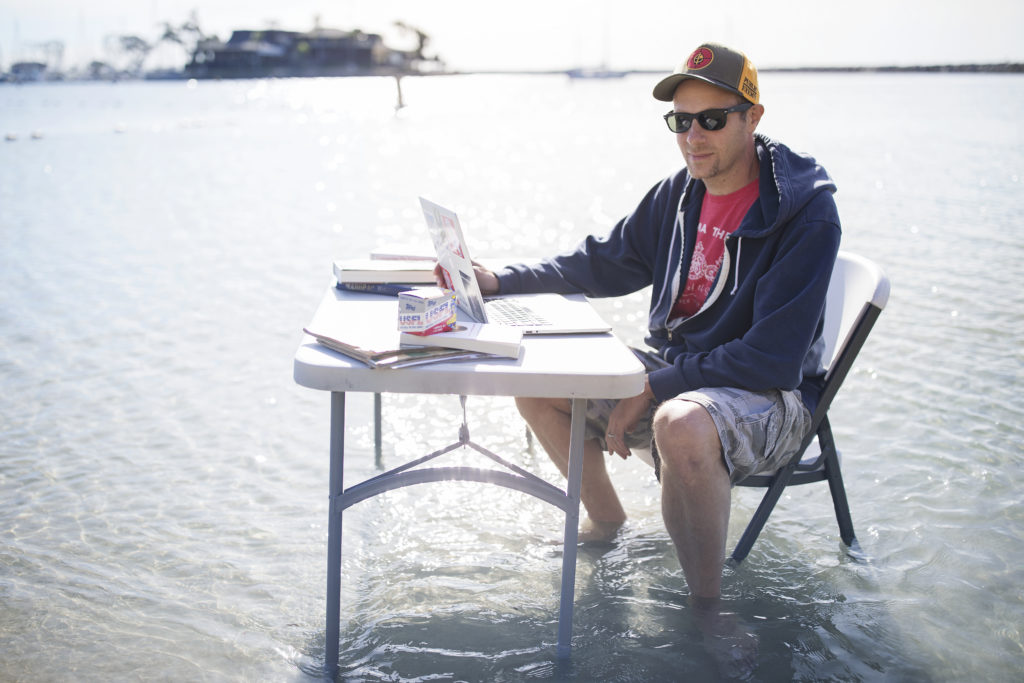
What’s the most important lesson you’ve learned as a writer?
Nothing is as important as I used to believe. I used to live and die with every word, every paragraph, every comma and period—and if an editor dared mess with my copy, I’d prepare for battle. Over time, I’ve come to understand three things: A. I’m not nearly as good as I once thought I was. B. It doesn’t matter nearly as much as I thought it did. C. The stuff that infuriates you as a writer—the reader almost never notices. Like, “You’ve ruined this story by [doing X]!” is almost always nonsense. So having those realizations set me free. And, I hope, made me better at this job. I take myself far less seriously.
What has been the biggest surprise of your writing life?
My dream from boyhood was to become a Sports Illustrated writer. It was everything I wanted. The goal of all goals. Then I achieved it at a fairly young age (I got to the magazine at 24) and sorta kinda came to the surprising realization that chasing a dream is oftentimes more engrossing than the dream itself. I arrived at SI in 1996. I left in early 2003. I loved it—but after a while, it grew sort of stale and repetitive. The dream was 50 years of SI bliss. The surprising reality: It lasted a mere six years.
If you had to use a metaphor to describe yourself as a writer, what would it be?
I’m the chef who never likes his own food. I just find it really hard to not see the warts. I’ll read something I wrote and find every single regret. A word I accidentally used twice. A sentence that sounded better in my mind than it does on the page. On and on. I try making a meal to be served at Per Se, but most of the time it feels like a soggy Whopper Junior.
What’s the best piece of writing advice anyone ever gave you?
My first job was as a features writer at The Tennessean in Nashville. I was 24, straight out of college—and I couldn’t do anything right. Mistake after mistake after mistake. I didn’t listen to people, didn’t seek advice. I was just a cocky fuck. My editor, Catherine Mayhew, sent me to the late-night police beat. “Don’t worry about writing funky ledes, don’t worry about impressing anyone. Just get the facts.” It changed my life.
